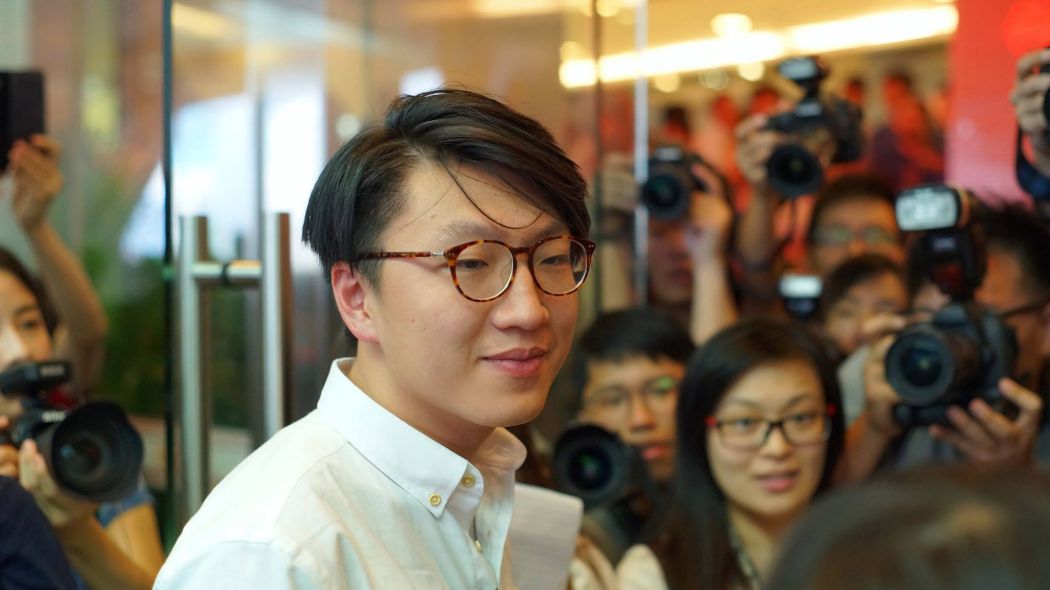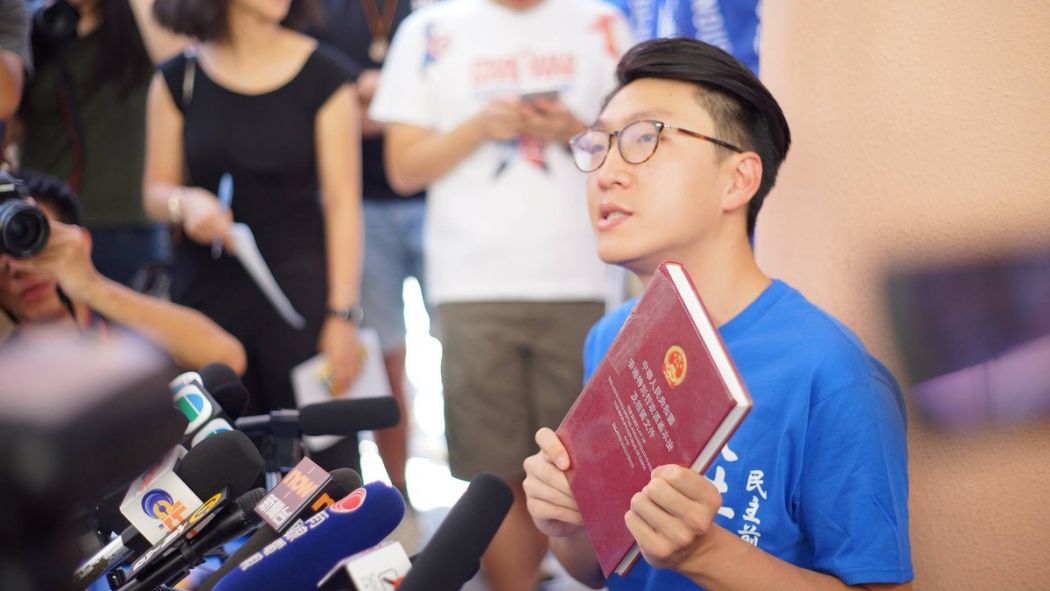You may not advocate Hong Kong’s independence from the Communist Party of China (CCP). You may even think it’s impossible or absurd, but this doesn’t mean that the free discussion of this topic is not critical. The debate has become a quickening for politics in the territory that turns on its head the failed policy of “let’s not provoke Beijing too much for fear of angering them.” Instead, let’s permit the CCP to relentlessly salami-slice rights and freedoms in a way that is bearable and painless and doesn’t force people to rise in indignation.
The debate has rudely ripped Hong Kong off the salami-slicer; it’s now firmly under the boot of the CCP. There are many, who still wish they were on the salami-slicer and bemoan localists for ruining the long time docility of politics in the city. They still believe in the fantasy that the CCP will give Hong Kong democracy if you ask nicely.

Hong Kong has never been on the path to real democracy. The CCP abhors true democracy and can’t bear any semblance of dissension, and this is why the independence debate is such an anathema to them. Hong Kong’s future lies in being pluralistic to all viewpoints. A plurality of thought is what has kept Hong Kong competitive all these years. Every functioning pluralistic society has some form of independence debate, whether it be Texan, Hawaiian, Welsh, Scottish, Catalonian or others. It is not a thought crime to hold such ideas in a mature society.
The disqualification of Edward Leung is a crippling blow to any hopes of achieving a real pluralistic democracy and is far darker than the August 31, 2014 ruling on the election of the chief executive that sparked Occupy. Hong Kongers have never had the ability to vote for their leaders, but they have long held the right to compete unfettered in fair elections and represent their constituents freely. The tactic of using middle-ranking civil servants to decide what candidates are acceptable to be elected is a shameless act of thought control lifted straight out of Orwell’s novel 1984.

In a pluralistic society, having thoughts that are opposed to the law is not a crime and rights could never be limited because of it. For example, one may believe that drugs should be legal, but you are not breaking any laws by either having the thought or actively advocating for the laws to change. Likewise, Article 1 of the Basic Law stating that Hong Kong is an inalienable part of the PRC is a fact that anyone can acknowledge, even a hardcore localist. Thinking that this is not the way it should be is a belief, which is entirely different from recognising the fact.
The CCP’s swift move to curb thoughts of independence and limit the rights of localists to run in elections is a prelude to more widespread repression that has always been in the cards. The independence advocates didn’t create this political firestorm; they only hastened it while they still have enough rights to fight back. Calls for independence have acted as the canary in the mine for a healthy pluralistic society. Blaming the canary for dying won’t save you from the greater evil coming. What the CCP does to localists today, it will surely do to others less equipped to fight tomorrow. The disqualification of Ed Leung is the reality check that should bite hard for everyone.
